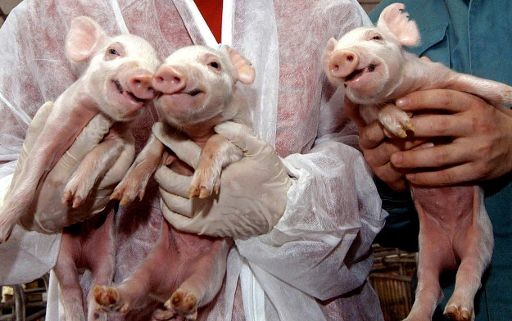Food from animal clones: what European citizens need to know
Published on 3 july 2015Camille Perrin, Senior Food Policy Officer, BEUC (European Consumer Organisation based in Brussels) responds:
"In principle clones are not intended to end up on our plate. These are high genetic potential animals that are used for breeding. A breeder will not send a clone worth 15,000 euros to the slaughterhouse except at the end of its life. Even in this case, in countries where cloning is performed, such as USA, Canada or Argentina, cloning companies know how to implement systems so that a clone won't end up in the food chain.
"Currently cloning for food purposes is not practiced in the European Union, and food from clones which could possibly be imported requires strict marketing authorisation. But so far no company has ever asked to market such products. However, it is possible to import reproductive material from clones, so it is very likely that European consumers have unknowingly eaten food from clones descendants.
"These products are not subject to any special restrictions or even label notification. Yet according to a survey by the European Commission, the majority of Europeans are opposed to cloning for food production for reasons related to animal welfare and other ethical issues. And 83% of European consumers want meat and milk from clones of descendants to be labelled as such.
"A cloning bill is currently under discussion in Brussels. The European Commission proposes banning cloning and clone-derived meat while the European Parliament wants to go further by also prohibiting the sale of food derived from offspring of clones."
Source: Euro News


